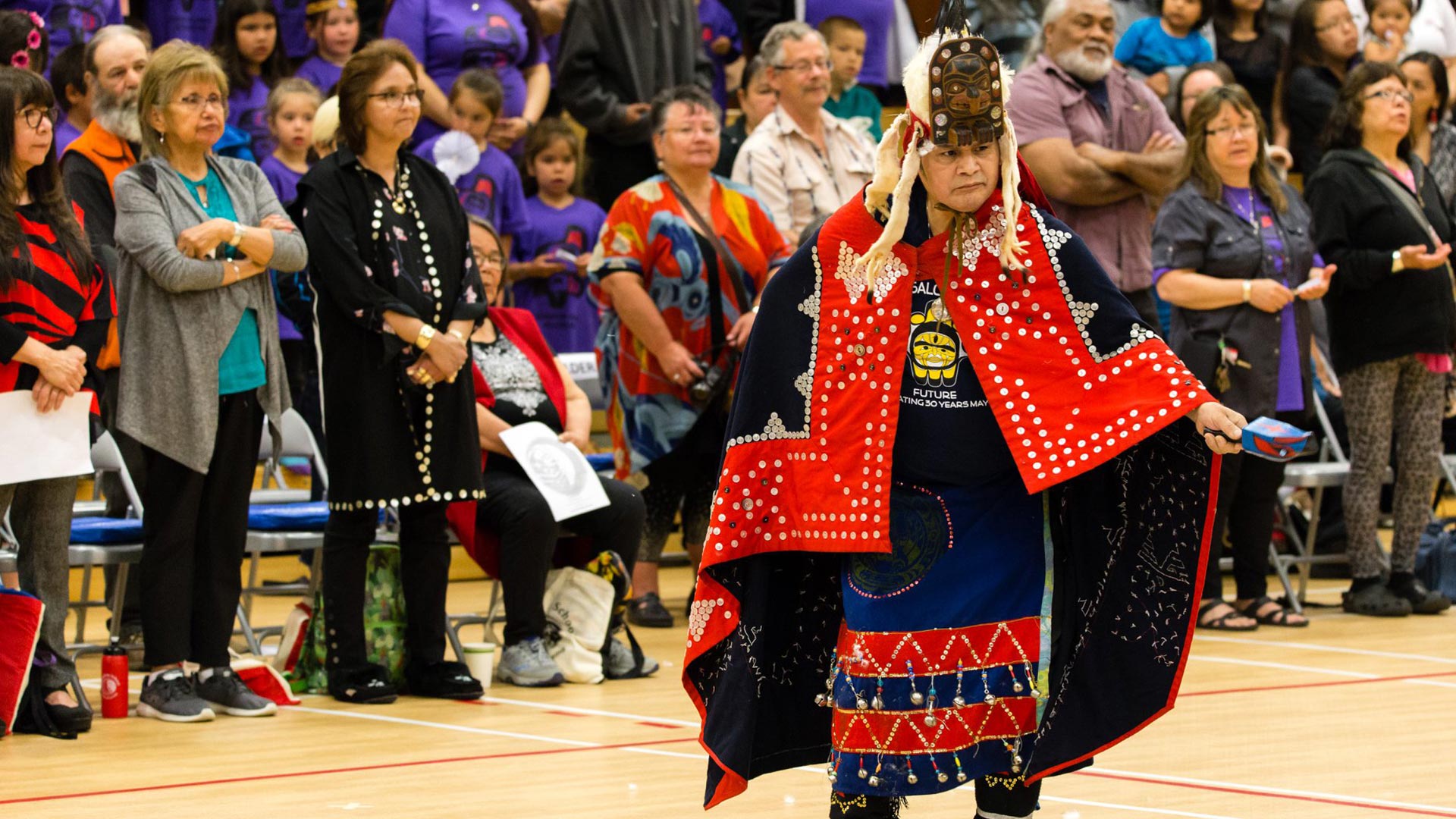According to the First Nations Health Authority, First Nation communities in B.C. have fared better than the rest of the population in dealing with the challenge of COVID-19.
In the past six months, there have been 5,500 COVID-19 tests of First Nation individuals with 87 confirmed cases in the province.
Community leaders are credited with success for taking strong actions during the pandemic and are carefully weighing whether or not to reopen.
In various communities, they have implemented travel bans, curfews and mandatory self-isolation for members returning home.
The Nuxalk Nation located in and around Bella Coola on B.C.’s central coast made a tough decision to close off their community to tourism with a check-point.
The check-point is used for monitoring to make sure those travelling their traditional territory are local residents.
“Our valley is so vulnerable, we are limited to hospitals and services,” said Hereditary Chief Nuximlayc (Noel Pootlas) in a phone interview with APTN News.

The Great Bear Rainforest is located in the heart of Bella Coola Valley and has become a tourist destination to people from all around the world.
The nation also decided to shut down its fisheries for the season.
“We are working with DFO to protect the docks on the opening they having tomorrow. We don’t want to see all the outsiders coming into our dock because it is so small, that there would never be any social distancing down there,” said Nuximlayc.
Both of those industries are economic drivers for their nation but with limited access to hospitals and vulnerable population of elders at risk, they felt it was an easy decision to make.
“Once we open the commercial fishery, then the sport fishing opens, and then we got people travelling through our valley mixed in among our community. So that was one of our biggest concerns,” said Hereditary Chief Nanus (Mike Tallio).
The decision comes with sacrifice for the community but also on a personal level.
Nuximlayc is also a carver and Nuxalk artist.
“Me as a carver and artist, I rely on tourism from the summer but we are here to protect the people in the valley because up the valley there are more elders in Hagensborg than in the village and we only have two fluent speakers left. In our village, the elders – we are protecting them,” said Nuximlayc.
According to both hereditary chiefs, their check-point faced some anger lately after one person allegedly threatened to spit on Nuxalk members who were working there.
“It has been getting worse. When we first started everybody was good with it, they would turn around when we would ask them to. Now that things are opening up on the outside beyond our community, people feel it should be open here. We are just following what they are saying that some First Nations aren’t going to be ready yet, which we aren’t,” said Nanus.
As a safety precaution, the nation moved the check-point closer to the village.
As the B.C. restart program moves into Phase 3, communities like the Nuxalk Nation will keep their safety protocols in place until later in the month.
They will re-evaluate the new information on July 21.
“It is tough, but at the same time it’s kind of an easy decision for us because we want to protect our nation,” said Nanus.
Haida Gwaii and Heiltsuk Nation are other nations that have publicly stated that will keep travel restrictions in place.
B.C. Public Health recommends checking ahead if travelling around the province especially if going to a small community.









